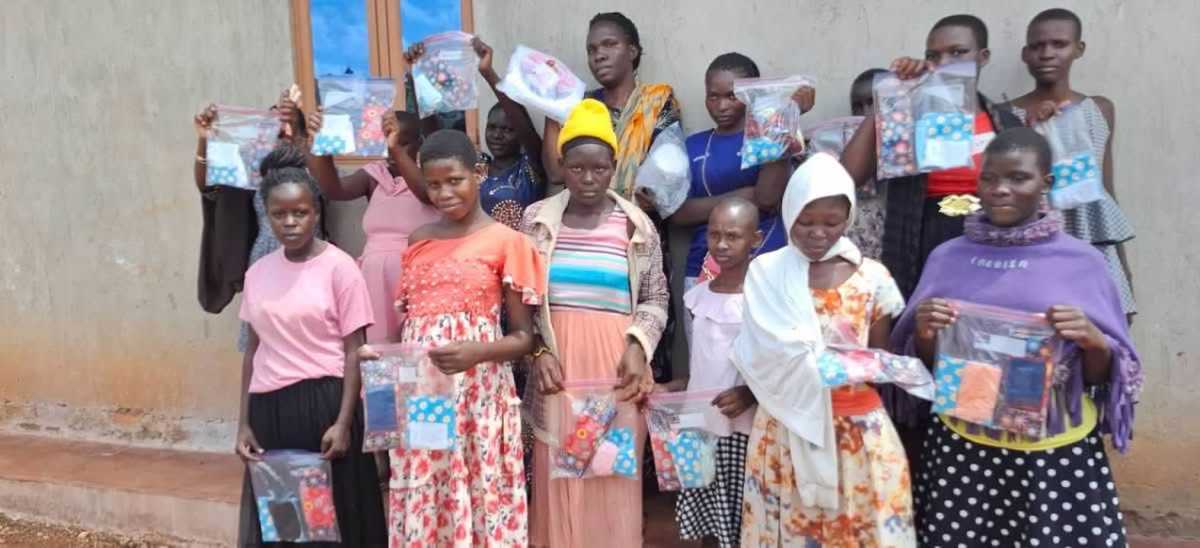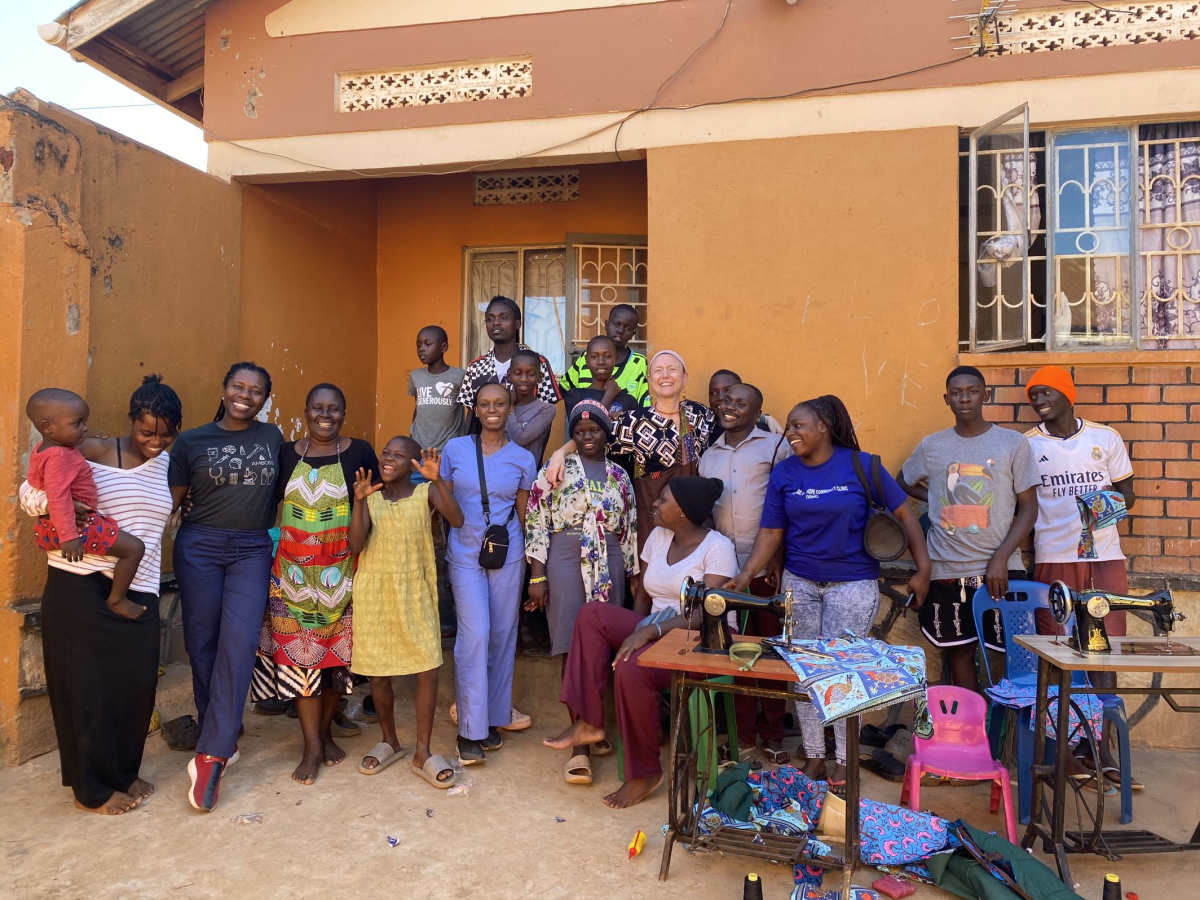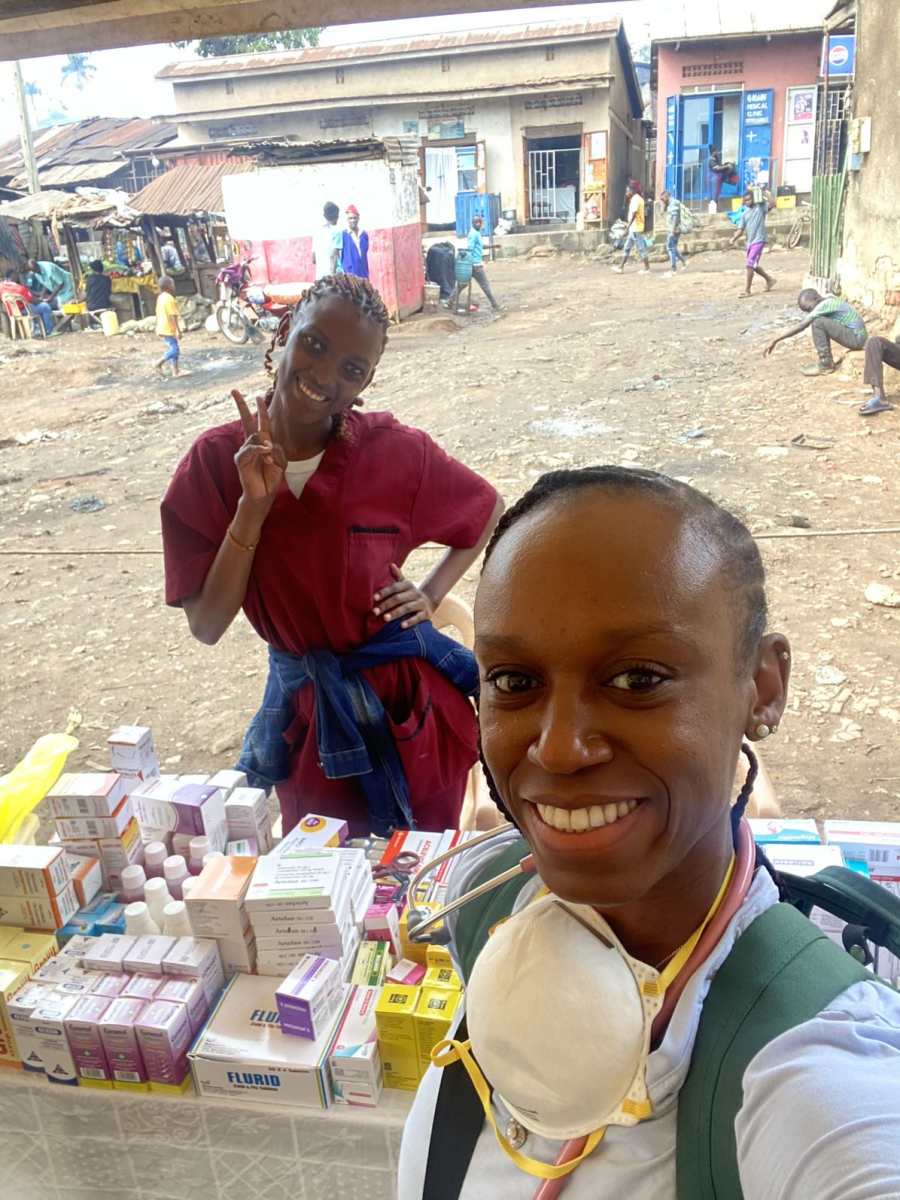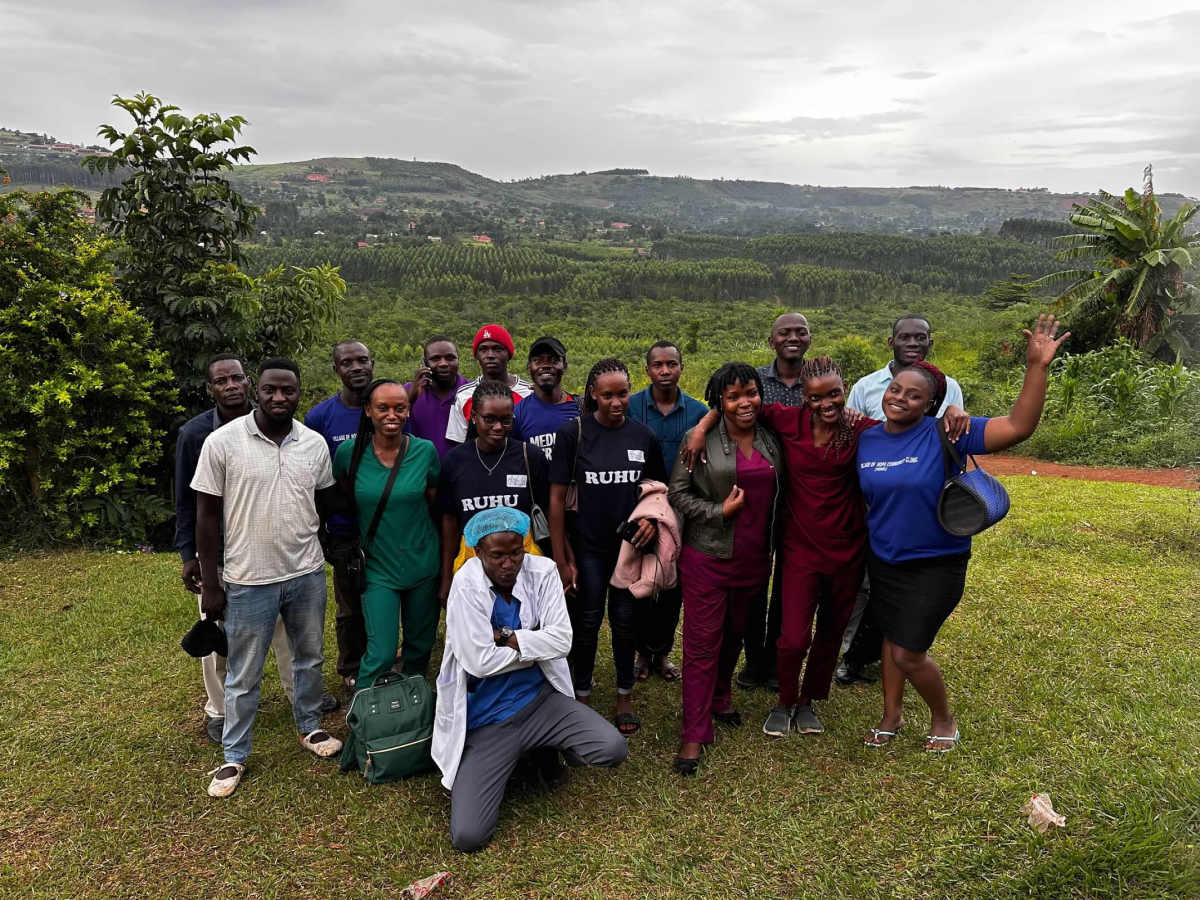I had the opportunity to study medicine in Saint Vincent and the Grenadines, a small Caribbean country. Rotating at the only hospital in the country taught me the importance of being resourceful. I rotated with both an internal medicine physician, who cared for young adults and the geriatric population, and an obstetrician-gynecologist. However, it wasn’t until starting residency at the Medical College of Georgia in Augusta that I was introduced to Dr. Pamela Tipler, a hospitalist, palliative care provider, and global health leader that I was inspired to join her on the medical mission to Uganda in May of 2025. Dr. Tipler described the work she has done to help improve health access for children and young adults at the Village of Hope, and I knew that I needed to be a part of this mission.
I aim to make a difference by enhancing healthcare access for the underserved community of Bujuuko, Uganda. We will provide essential medical services, promote health education, and train local healthcare providers. We plan to treat mostly children and young adults. Our efforts will make an immediate impact on children through boots on the ground medical interventions for people with limited to no access to health serves. As a family medicine provider, I understand the importance of preventative medicine, and I aspire to provide education to increase health literacy within the community. We will provide education in ways to avoid transmission and prevention of both communicable and non-communicable diseases through best practices in hygiene, safe sex, nutrition, and more. We will also work with the local organizations as community engagement liaisons at the Village of Hope to provide screenings, vaccinations, and treatment of common medical conditions. Ultimately, our goal is to help develop a self-sustaining system that empowers local efforts in improving healthcare access, education, and resources.
This medical mission trip will help serve the children and women in Bujuuko, Uganda. Despite the great progress that has been made within recent years, Uganda still faces significant healthcare challenges. We recognize that there is a large population of people within this community who continue to battle the devastating short-term and long-term effects of HIV/AIDS. According to the World Health Organization, of the 1.4 million people living with HIV/AIDS in Uganda, 860, 000 are women and 80, 000 are children (WHO, 2024). This is significant, because it has a direct correlation with the increase in children who become orphans. We will be partnering with Raising up Hope for Uganda, a non-profit organization, that works on the frontlines to provide orphanages for children who are left without parents. They also rescue street children and those who live in camps as a result of conflict, which together comprise of approximately 20- 25, 000 children. They transform children’s lives by providing safety, basic human needs, education, and a clinic at the Village of Hope to lead a future of possibilities and success. Additionally, this population has many health-related conditions that contribute to a large proportion of their morbidity and mortality rate including malaria, respiratory infections, gastrointestinal infections, and congenital HIV infections. With limited resources and health providers, this medical trip will allow me to employ my skills and knowledge to help serve a community that is greatly in need. As a family physician, I am passionate and compassionate about giving what I have which includes providing direct patient care through free health clinic focusing on infectious disease, primary care, maternal health, and pediatric services.
World Health Organization (WHO). 2023. Uganda records significant reduction in new HIV infections among newborns.
I expect to make a meaningful impact at the Village of Hope in Uganda with the help of my colleagues and Dr. Pamela Tipler, who has dedicated a large part of her life in building a clinic within the community. I look forward to providing direct person-to-person clinical care, health education, instilling the importance of preventative medicine, and providing medical supplies that can be used for continued care.
This global health medical trip will allow me to gain a more comprehensive clinical experience by treating different populations with unique healthcare needs. Additionally, I will learn more about skills that I can practice in my current practice with a wider world perspective on issues that affect our diverse population including public health concerns, cultural sensitivity, and competency, as well as acquire innovative skills to practice medicine when supplies and resources are limited. My learning will continue once I return, and I expect to acquire new skills that will allow me to identify diseases seen in the western African countries as well as treating people in the field in urgent/emergent situations. I plan to integrate this experience into my daily practice and to advocate in building bridges to close the health disparity gaps that exist in Uganda. It is important to not only do the work but to share the needs of the community within my network. Hopefully, I will inspire other medical students, residents, fellows, and physicians, and make them aware of the many opportunities we have to give back. Some of our greatest attributes and skills that we have is being able to use the practice of medicine in communities that are underserved. Once I return, I will continue to practice as a teacher, servant, and leader physician with the goal of local and global advocacy.










Medical Trip to Uganda 2025:
During my 2-week medical mission trip to Uganda, I had the opportunity to participate in over 12 clinical outreaches across various villages and communities within Uganda. We conducted health screenings for hypertension and diabetes, STI testing and education for conditions such as HIV, syphilis, and hepatitis. In addition, I diagnosed and treated common regional illnesses, including malaria and typhoid diseases. We also provided urgent care to patients who needed wound care and more. We provided care to patients of all ages—from infants to the elderly—and distributed pregnant mother kits to women in their third trimester. These kits contained essential hospital delivery items and mosquito nets to support safe births and prevent malaria for both babies and mothers.
Beyond clinical work, I also spent meaningful time with children in the Village of Hope and the Raising Up Hope for Uganda orphanage and rescue program. Although I initially joined the mission to give back to communities in need, I was deeply moved by the overwhelming love, gratitude, and joy I received in return. This experience has not only strengthened my passion for global health, but it has also marked the beginning of what I hope will be a lifelong journey in medical missions and outreach to resource-limited communities.
I would like to express my sincerest gratitude to the Dox Foundation for helping me make my dream and passion a reality.